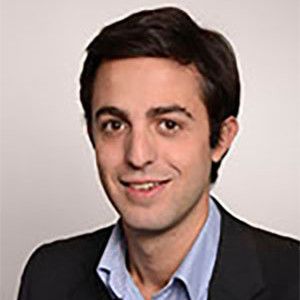Hi all,
I proceeded all first rounds at MBB and it all went very well. However, I am very afraid of the final rounds because of the partner interviews. With the more junior consultants I get on really well and have this natural connection, but with partners it does not seem to work out.
So I was wondering if you have any tips regarding how to address these partner interviews in comparison to the interviews with younger consultants?














